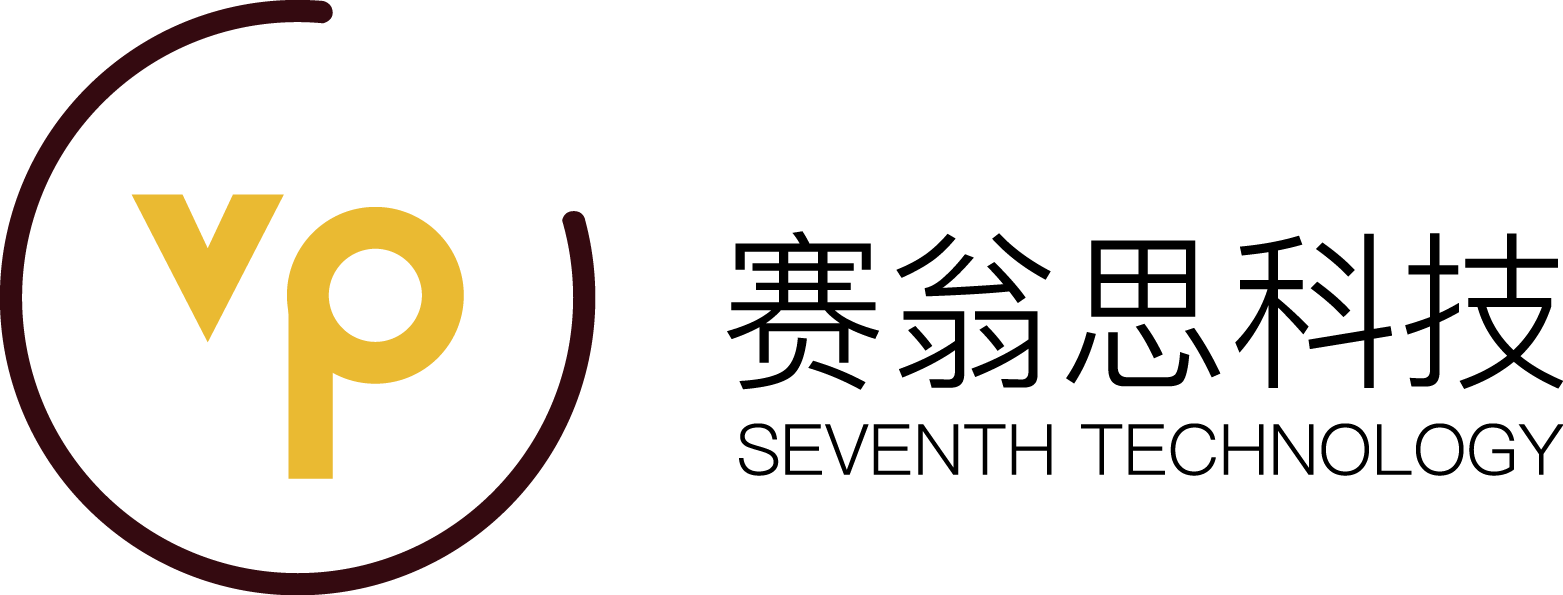Drug abuse is a complex problem relating to not only authorities concerned, but also highly associated with public health, personal safety and social consequences. In the World Drug Day 2020, the most important date of drug-fighting of the year, Seventh Technology rolled up its sleeves yet again since 2016 and made contribution to fight against drug abuse situations.
In response to the drug addiction problem, Seventh Technology established a system that combined virtual reality (VR) and transcranial direct current stimulation (tDCS) techniques in order to help abstinent addicts in government rehab centre to quit using drugs. This is the first time around the world demonstrating clinical effects of tDCS in methamphetamine (METH) addiction in addiction rehabilitation. The VR-tDCS system was approved by the committee led by the Chairman of the Chinese Psychological Society, Professor Li Hong on June 22nd ,2020 in Zhejiang, China. The committee highly praised the system to be a practical, effective and scientific approach for addiction rehabilitation.

The VR-tDCS System implemented virtual reality environment to create immersive drug-related scenes with rich visual, audio, and social interactions to elicit deeper drug-related memories from drug addicts. The system then applied tDCS to dorsolateral prefrontal region, an area shown to be associated with drug addiction using a standardized protocol to enhance inhibition mechanism resulting in reduction of craving level elicited by the virtual drug-related scenarios.
Forty-six methamphetamine (METH) addicts were recruited, and twenty-three addicts were assigned to the tDCS group and the other twenty-three addicts were assigned to the control group with no stimulation. The results demonstrated that in the post-treatment stage, the craving level based on the heart rate variability (HRV) algorithm decreased significantly in the tDCS group, compared with the control group. Eighteen of the twenty-three METH addicts in the tDCS group showed improvement when exposed to the VR scenes, which demonstrated that they were less aroused after tDCS intervention. The tDCS group also showed improvement in subjective report from VAS, and cognitive functions from BIS impulsivity scales.

The VR-tDCS system is a breakthrough of Seventh Technology, which extended its products to direct intervention to particular brain region to inhibit abnormal reward circuits of drug addicts. The outcomes stood above the foundation of the VR system and further improved the clinical effects.
Combining with the new techniques, it is now possible for Seventh Technology to establish a customised treatment procedure for every drug addict, based on their heart rate responses and damaged brain regions. The VR-tDCS system is now going to be implemented in all government rehab centres in Zhejiang province in the near future, and this new interventional technique would benefit more drug addicts suffered from hard time quit using drugs.

